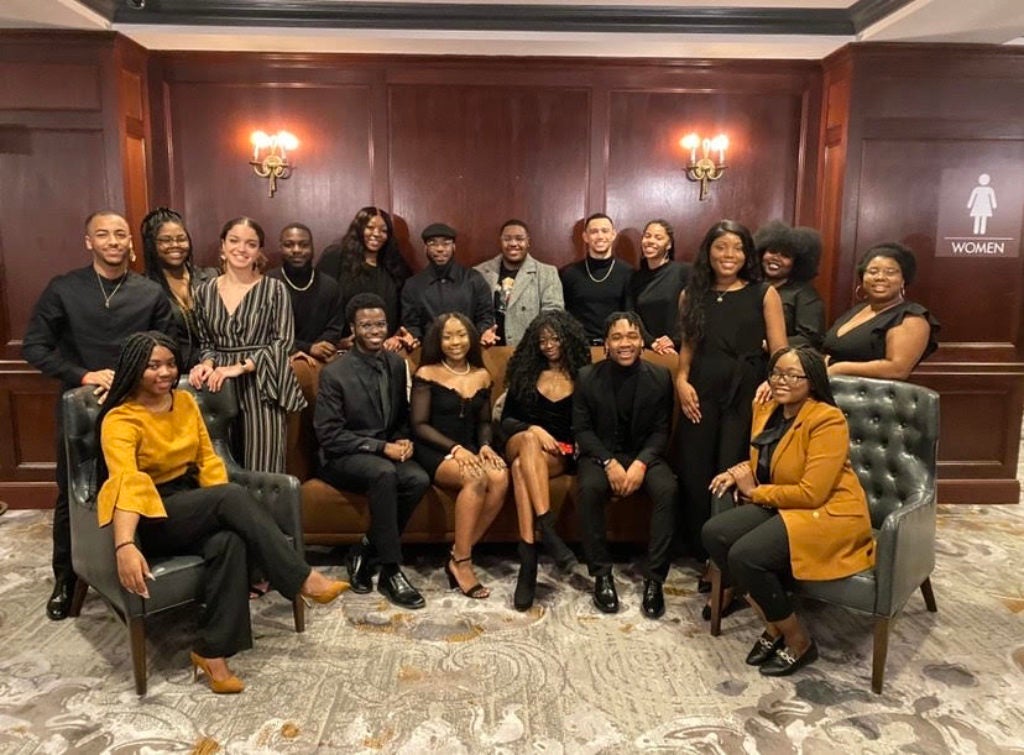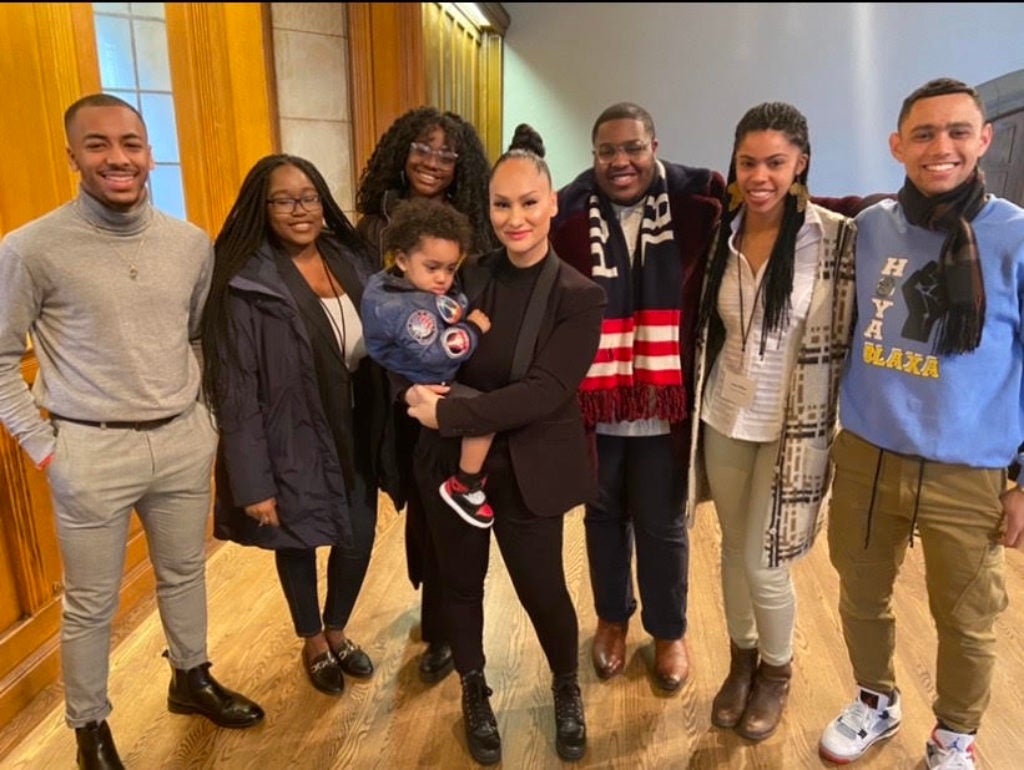Sponsorship Reflection: Yale Black Solidarity Conference
Jameela Sylla | March 2, 2020
What did participation in the 2020 Yale Black Solidarity Conference teach me about systems level impact?
When I think about my ancestors and how they worked together to advocate for access to higher and equal education, it becomes surreal to realize I am part of the impact that they wanted for minority groups. I carry along that impact and now take advantage of the opportunities and blessings made available to me. Changing systems isn’t easy, and as a participant in the 2020 Yale Black Solidarity Conference, I’ve expanded my knowledge on how to generate systems level impact.

Jameela with her 2020 class
The first conversation centered on the “Intersectionality in Activism,” which really resonated with me as a Black woman. Activist Carmen Perez highlighted that because she gained access to higher education, she became equipped with not only the knowledge but the skills and passion necessary to be the best leader she can be.
In terms of activism and organizing, intersectional feminism requires collaboration and empathy to foster change in a system that denies women (specifically, women of color) equality. A remarkable quote that stuck with me was “when you see your liberation bound in someone else, then organize with them because activism is about collective power.” Perez’s bravery and collective work as one of the leaders of the Women’s March made me realize that a system level impact cannot be done alone and how important unity is. A second conversation was “Organizing Protests in the Face of Resistance,” where a student, an organizer, and an attorney worked to advocate for Black lives in Connecticut. They talked about the lives that have been degraded, mistreated, and lost to a brutal system that is often at odds with their livelihoods. Band-aids don’t fix bullet holes, it is crucial that activists of different professions partner together to change systems for justice, and fix the parts of the legal system that disproportionately targets Black bodies.
Speaking on legends such as Thurgood Marshall, who made a great impact in the Supreme Court, and cases like Graham v. Connor, that ruled law enforcement must be able to point to objectively reasonable facts that justify their use of excessive force, further put into the perspective how we can make a systems level impact. This level of change needs to be brought to life not only in the streets during protests but also in the legal justice system. Oppression can foster internalized discouragement and defeat. Despite this, I know that systems level change and impact can be brought to fruition within communities, which is crucially necessary and powerful. The conference was eye-opening, empowering, and encouraging in terms of bringing to light how much power I have to unite and uplift my community.

Jameela with Activist, Carmen Perez and Classmates